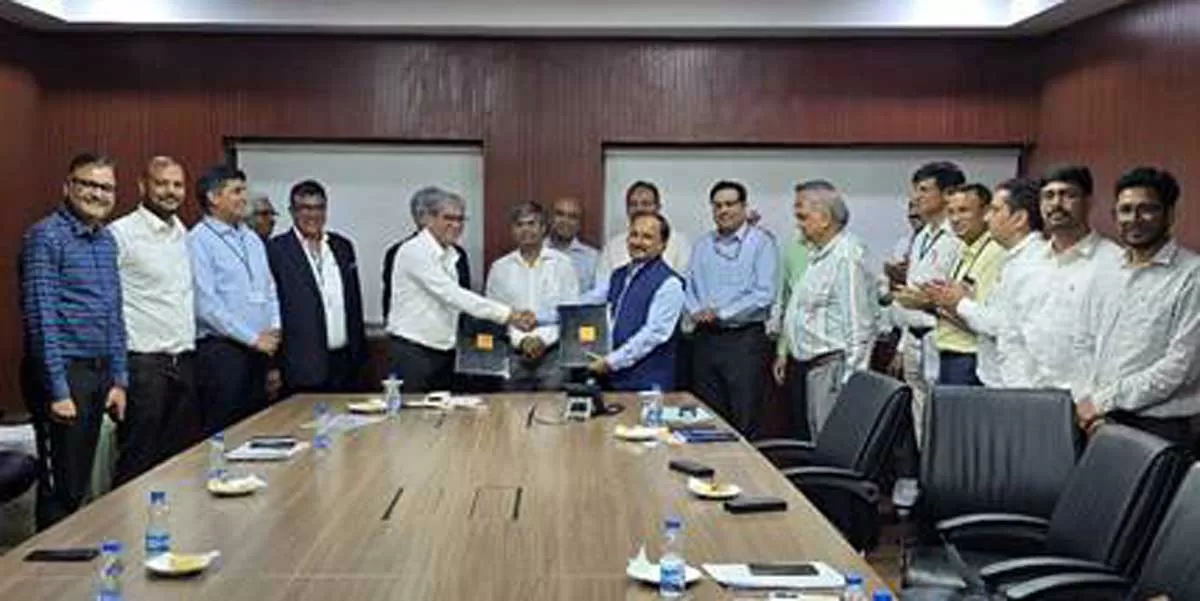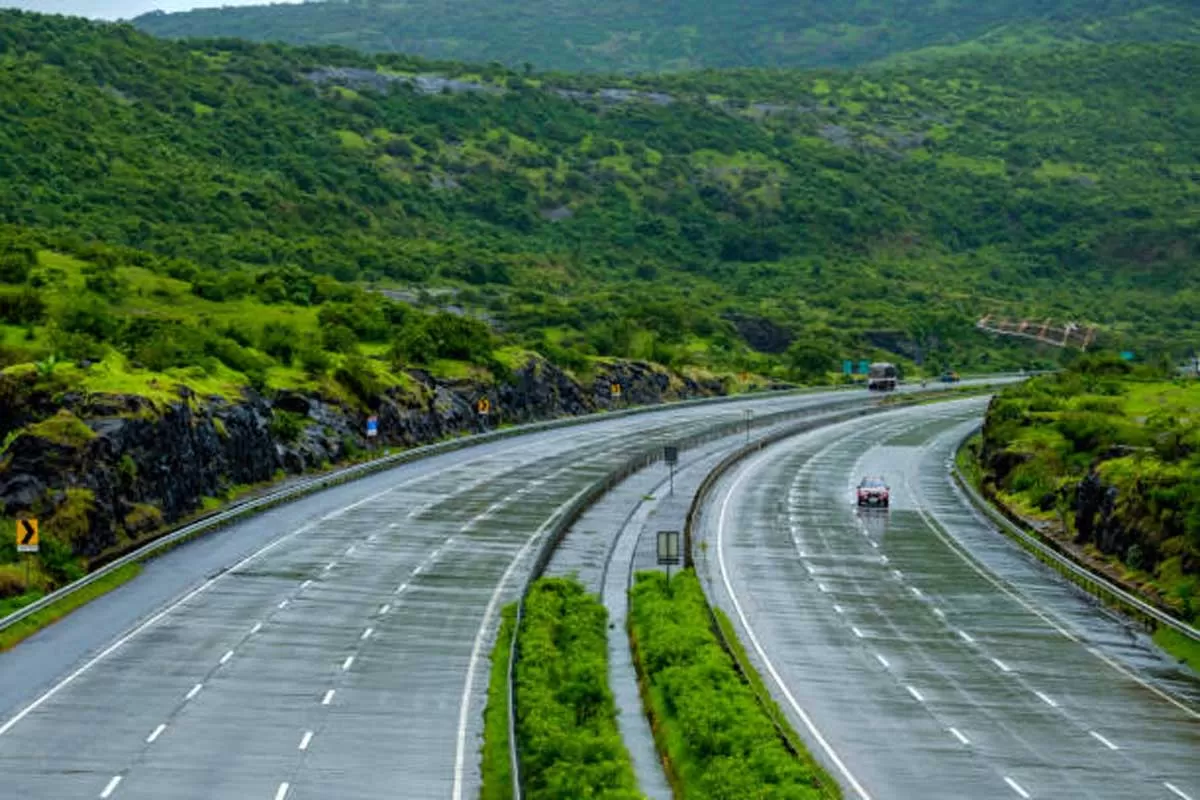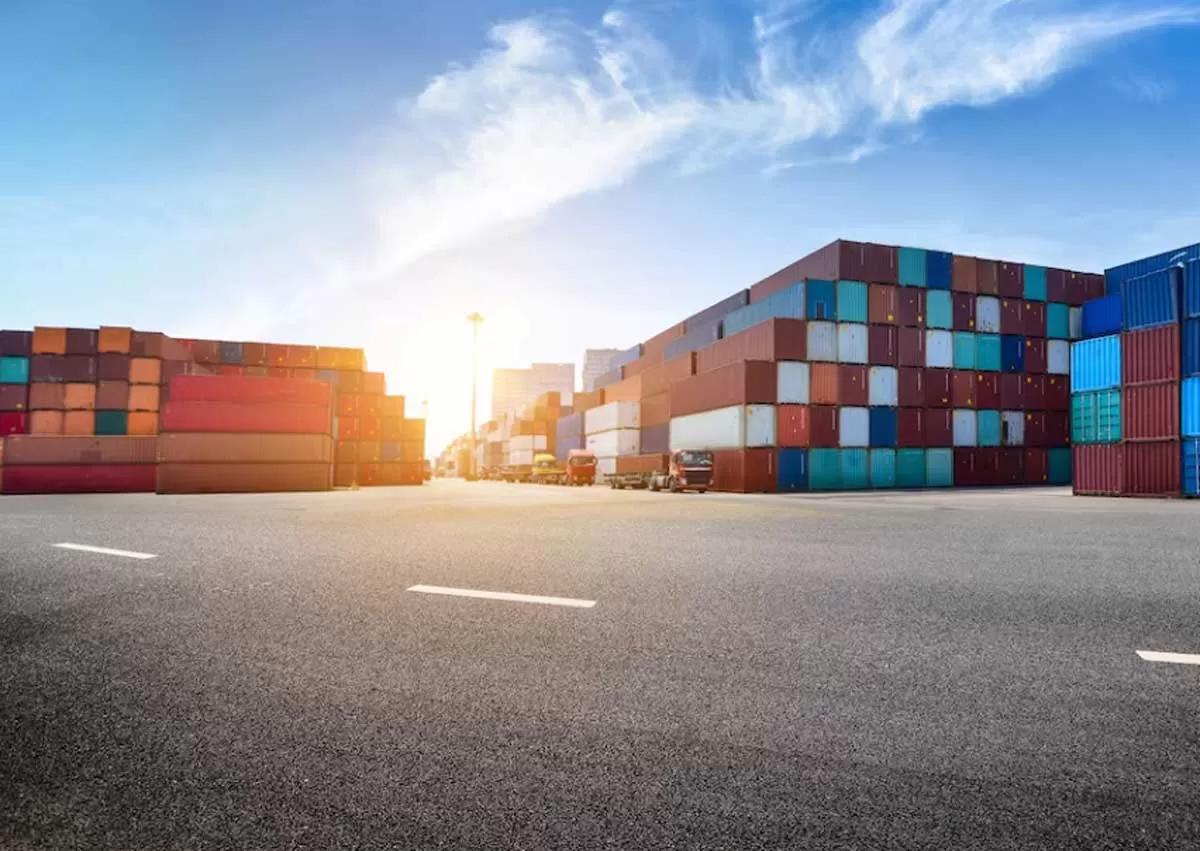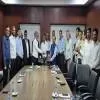K Subrahmanian, Managing Director, Afcons Infrastructure
Since it was set up over half-a-century ago, Afcons Infrastructure has successfully emerged as a global engineering, procurement and construction (EPC) firm executing projects - including rail bridges, tunnels, marine and hydro - both in India and the MENA region. In recent times, in the wake of the economic slowdown around the world, Afcons has earned admiration for doing smart business by taking on select, large-sized, technically challenging projects, with an average order size of over Rs 500 crore, and impressing its customers with timely delivery and the resultant subtraction in costs. Excerpts from SHRIKANT RAO's interview with K Subrahmanian, Managing Director, Afcons Infrastructure.
Give us an understanding of Afcons' growth strategy and the key elements driving transformation.
Over the past 54 years, Afcons has created a niche in delivering successful, technically challenging projects in some of the most remote locations. In the past decade particularly, it has grown from being a construction company to being recognised as a major EPC player with over 70 per cent of the order book coming from EPC projects. We have been driven by a bottomline focus that includes targeted growth in profitability rather than an increase in topline or order book. Further, in the past couple of years when the markets were very aggressive, Afcons stayed away from bidding aggressively.
Strategically, to optimally utilise resources through focusing on a limited number of projects, we consciously decided to move towards larger-sized projects. Since 2002, the average order size has increased from Rs 48 crore to Rs 500 crore plus today.
Diversification has been a key area of focus...
Yes. In 2008, Afcons entered into one of the most challenging EPC environments: offshore oil and gas.
Additionally, within infrastructure we are continually evaluating new segments and have recently moved into areas like underground metro and tunnels. We have formed strategic alliances with global EPC players like Saipem, IHI, Strabag S E, Transtonnelstroy, Technip, Gunanusa, etc. Through such alliances, Afcons has been able to penetrate new geographies and segments, and absorb new technologies. Towards that end, we have developed a strategic equipment base - Afcons has the largest marine equipment base in India - and with the induction of the Samrat jack-up barge, the most capable as well.
Tell us about your overseas thrust.
Afcons entered the overseas market in the 1980s through projects in Iraq and other countries. Initially, the projects were executed on an opportunistic basis, but since the middle of the last decade, efforts have been initiated towards maintaining a significant presence in overseas markets. The learning curve was steep but Afcons was able to deliver projects on time every time. This has held us in good stead and now we are one of the few EPC firms in India who have strong delivery experience in overseas markets. Over the past few years, 20-25 per cent of our revenue has come from overseas markets and we look to increasing this by 40 per cent.
Tell us about Afcon's emphasis on innovation in terms of technology.
Innovation is an integral part of our culture and a way of life at Afcons. It is not treated as a separate process but included in our DNA, from strategy development to day-to-day operations on site. The company looks at adopting innovative solutions either by itself or by any of its partners. Some major innovations carried out by us are:
- Concrete pumping at Vallarpadam Rail Bridge for a stretch of 2.1 km; a national record.
- Adoption of Rowa technology in Rohtang Tunnel.
- Cable crane set up at the Chenab Railway Bridge project, which is perhaps a record.
- Mobilising the world's third-largest Hermod barge to achieve offshore installation (of the ICP-R Process Platform) in the shortest time.
- Adoption of float-over technology for the HRD Process Platform.
What contribution has your company made to India Inc's progress?
Afcons has been at the forefront of key projects that have helped India's infrastructure evolve. It's one of the few companies in the country that has absorbed and applied technologies that were hitherto unused in Indian conditions. It is one of the first few companies in the country to introduce high-level of mechanisation in road construction, as in Punjab and West Bengal roads; the first to use high-tech jack-up barges in marine construction; and employ segmental construction technology, with which the construction time of the Delhi Metro Project was brought down drastically compared to the Kolkata Metro (Phase-1). Afcons is also the first Indian company to construct the underground metro station in top-down method, reducing construction time by almost 25 per cent. It has delivered technically challenging jobs for demanding customers in India and overseas, thus improving Indian EPC perception in these segments. Through successfully delivering projects in the Middle East, it has proved that Indian companies can compete with the best in the world and deliver projects with stringent quality and HSE requirements. Further, in many projects where Afcons participated, it has brought down the cost of projects.
Tell us about your future plans?
We would definitely like to be a respectable-sized company of not less than a billion dollars soon. But more than the size, the way we deliver projects should be our real focus point. Our objective is to set certain benchmarks that result in high levels of value creation for everybody.
Arvind Mahajan, Partner and Head, Infrastructure and Government Services, KPMG India, on Afcons...
"Afcons is one of the premier companies in the country focusing on certain segments of the EPC marketplace, notably construction and marine projects. As far as the company's strength based on its current deliverables as an EPC contractor is concerned, it has good credentials in a number of areas such as marine, ports and other areas of infrastructure. However, one area where they have not ventured as much they could have is PPP projects. Overall, Afcons is an important and valuable contributor to the construction industry."
To share your views on this interview write in, at feedback@ASAPPmedia.com

















